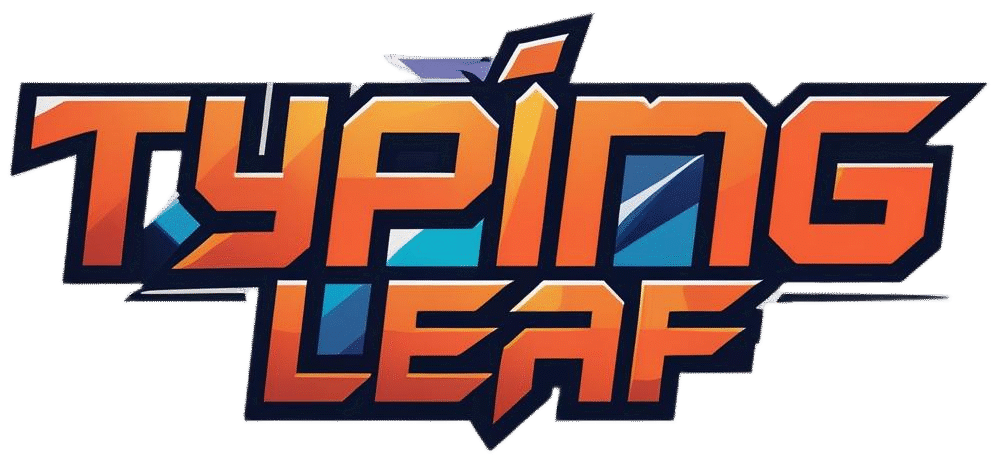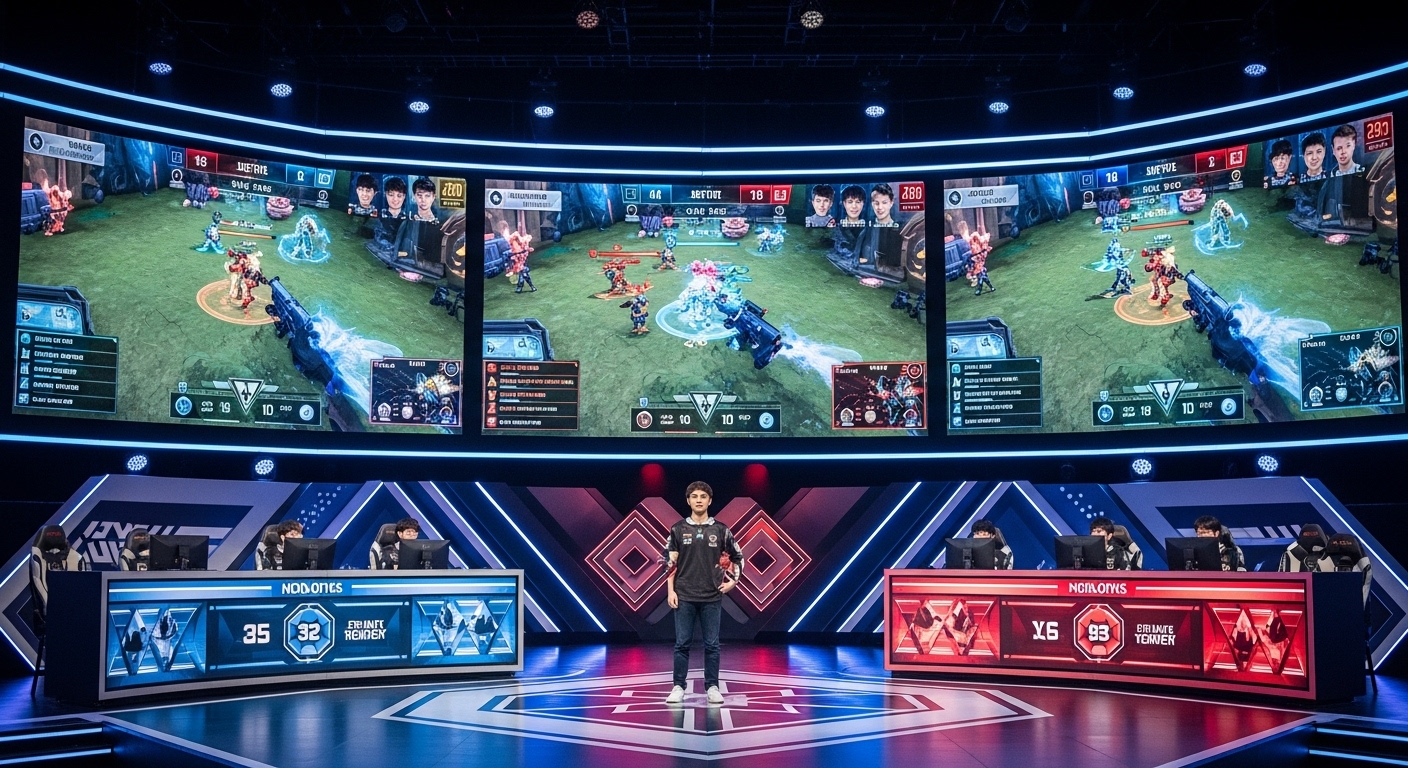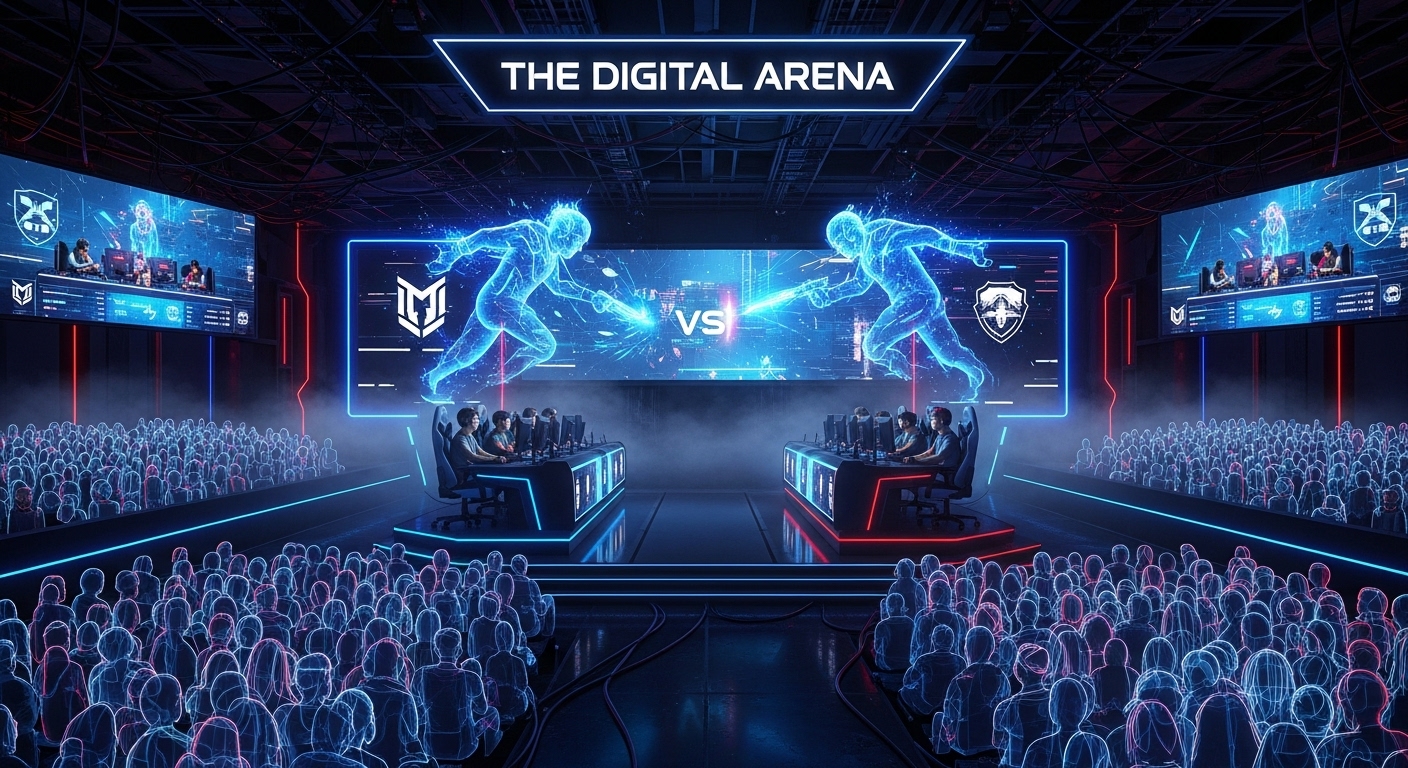Introduction
Esports has grown from a niche hobby into a global phenomenon, captivating millions of fans and reshaping the landscape of competitive entertainment. What started as casual gaming among friends has now evolved into a professional industry with teams, sponsors, tournaments, and dedicated arenas. In this blog, we explore the rise of esports, its impact on culture, and why it matters more than ever.
The Evolution of Esports
The roots of esports trace back to the early days of video gaming, where local competitions and arcade tournaments laid the foundation for modern gaming culture. With the advancement of technology, online multiplayer games allowed players from around the world to compete in real-time. Titles like StarCraft, Counter-Strike, and League of Legends became household names, paving the way for organized leagues, professional players, and global tournaments with staggering prize pools.
Professionalization and Careers
Esports is no longer just a pastime; it is a legitimate career path. Professional players, coaches, analysts, and content creators now earn substantial incomes through competitions, sponsorships, and streaming. Universities and academies have started offering scholarships and courses dedicated to esports, emphasizing the growing recognition of gaming as a serious discipline. The industry’s rapid expansion has created diverse opportunities beyond playing, including event management, marketing, broadcasting, and game development.
Impact on Youth and Popular Culture
Esports has profoundly influenced youth culture, shaping the way young people connect, communicate, and pursue passions. Streaming platforms and live tournaments have turned gamers into global celebrities, inspiring fans and fostering a sense of community. Additionally, esports has challenged traditional notions of sports, proving that competition, strategy, and teamwork can thrive in digital arenas as effectively as on physical fields.
Challenges and Criticisms
Despite its growth, esports faces challenges such as mental health concerns, burnout, and maintaining fair play. Professional players often endure grueling schedules, requiring careful management of physical and mental well-being. Moreover, the industry must address issues like cheating, unequal pay, and the accessibility gap to ensure sustainable growth and inclusivity.
The Future of Esports
The future of esports looks promising, with innovations in virtual reality, augmented reality, and artificial intelligence poised to transform competitive gaming. As esports continues to merge with mainstream entertainment, it has the potential to redefine sports, social interaction, and digital culture. Governments, corporations, and educational institutions are recognizing its value, signaling that esports is more than just a trend—it is a lasting movement.
Conclusion
Esports has transcended its humble beginnings to become a global cultural and professional force. Its rise demonstrates how technology, creativity, and community converge to create entirely new forms of competition and entertainment. As more people embrace esports, it will continue shaping the future of sports, media, and human interaction, proving that the digital arena can be as thrilling and impactful as any traditional stage.



